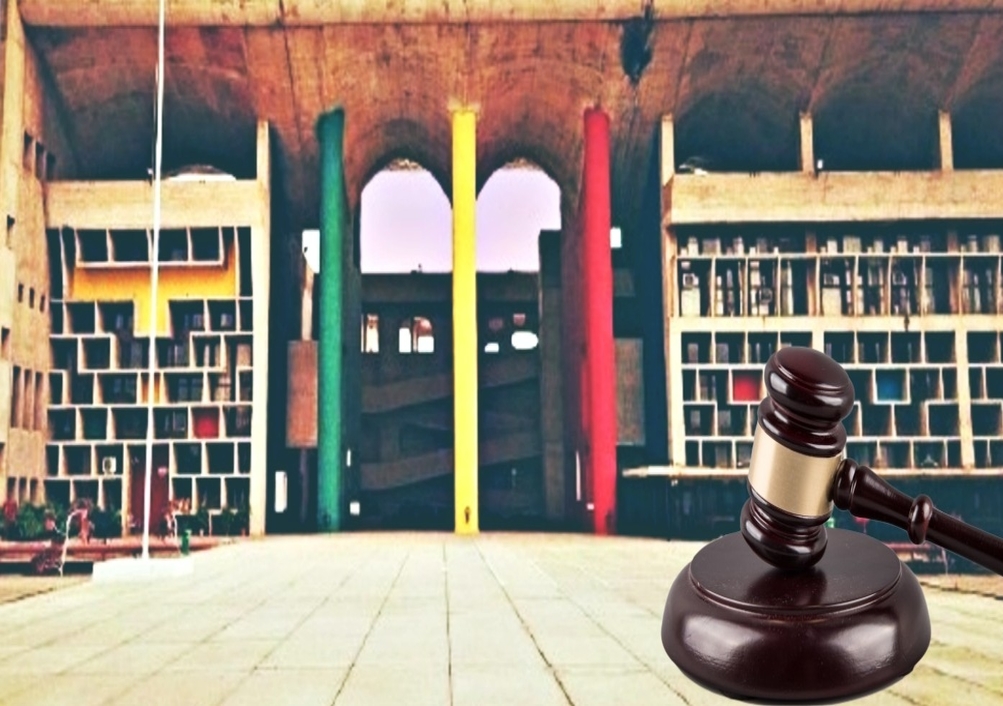Intention of JJ Act is to grant bail to juvenile irrespective of nature or gravity of offence, says HC while granting bail to 16- yr-old in rape case

Read Order: Ravi Singh v. State of Punjab
Vivek Gupta
Chandigarh, August 10, 2021 : Granting bail to a 16-year-old in a rape case, the Punjab and Haryana High Court has observed that from a bare reading of the provisions of Section 12 of the Juvenile Justice Act, it appears that the intention of the legislature is to grant bail to the juvenile irrespective of the nature or gravity of the offence alleged to have been committed by him.
“The bail can be declined only in such cases where reasonable grounds are there for believing that the release is likely to bring the juvenile into association of any known criminal or expose him to moral, physical or psychological danger, or that his release would defeat the ends of justice,” added the bench of Justice Jaishree Thakur.
The bench cited similar legal precedents in Manoj Singh vs State of Rajasthan 2004, Lal Chand vs State of Rajasthan, Prakash v. State of Rajasthan and Udaibhan Singh alias Bablu Singh vs. State of Rajasthan 2005(4) Crimes 649.
The Petitioner was arrested in 2020 following an FIR registered under Sections 376, 376AB of the Indian Penal Code (IPC) and Section 6 of the Protection of Children from Sexual Offences Act, 2012 (POCSO Act) at Police Station Moonak, District Sangrur, Punjab.
Later, the Juvenile Justice Board, Sangrur declined his bail plea and the same was affirmed by the Additional Sessions Judge, Ludhiana.
The petitioner in his petition in the High Court prayed for setting aside the impugned orders passed by both these Courts.
The petitioner mainly argued that the bail application of the petitioner had been dismissed by both lower Courts only on the ground that the victim is aged five years and since the petitioner and the victim belong to the same village, his release would defeat the ends of justice.
The Petitioner contended that a perusal of the order passed by the Additional Sessions Judge, Sangrur would reflect that there was no evidence on record to establish that there was likelihood of the juvenile coming in association with any known criminal or his release on bail would expose him to moral, physical or psychological danger.
It was also submitted that the petitioner has been in the observation home since November 9, 2020 and he is ready to abide by all the terms and conditions that may be imposed by the High Court while considering his petition for grant of bail.
Deciding the matter, the HC Bench stated that the only ground on which the bail of the juvenile is rejected by both the Courts is that he and the victim belong to the same village added with the fact that the victim was aged 5 years at the time of alleged incident.
“The term ‘ends of justice’ is not defined in the Juvenile Justice Act and therefore, has to be interpreted keeping in view the statement and object of the statute and the legislative intent behind it. There is no doubt that the Juvenile Justice Act is a beneficial legislation and it is a settled position of law that gravity or seriousness of the offence would not be a ground to decline concession of bail to the juvenile. Learned counsel for the respondent-State has also not pointed out any material available on record to show that there are reasonable grounds for believing that the petitioner is likely to come into the association of any known criminal if released on bail, or his release will expose him to moral, physical or psychological danger or as to how his release would defeat the ends of justice,” observed the Bench.
Thus, the High Court was of the view that no purpose would be served in keeping the Petitioner in custody. The impugned orders were held to be not sustainable in the eyes of law and as such, were set aside.
Sign up for our weekly newsletter to stay up to date on our product, events featured blog, special offer and all of the exciting things that take place here at Legitquest.




Add a Comment